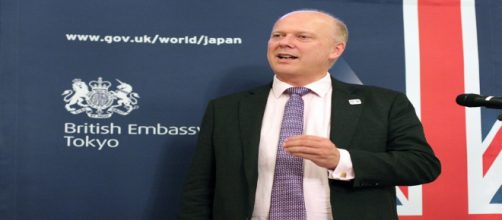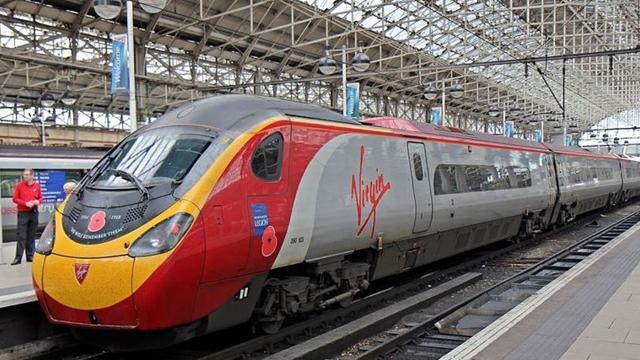Virgin Trains and Stagecoach have sparked the debate over whether the railways should be renationalised after their failures have caused the government to take East Coast Mainline back under public ownership. From the 24th June, the Department for Transport (DfT) will take control of operations of the service until a new a new public-private partnership (PPP) can be announced in 2020; this is the third time in a decade that the government have halted an East Coast Mainline franchise.
Transport Secretary Chris Grayling stated that this was down Stagecoach and Virgin Trains overestimating the profitability of the line and that this was in no-way further evidence of privatisation failure.
East coast failures
This is not the first time that East Coast Mainline has had to brought back under public control, as stated above, this is the third time in a decade. Firstly, in 2005, the biggest European contract was signed by GNER for £1.35 billion in a 10-year deal but just a year later the government stripped it of the franchise and in 2007, National Express took over the line in a £1.4 billion deal but in 2009 during the financial crisis saw it back under public ownership until Stagecoach and Virgin Trains 2015 bid of £3.3 billion.
The privatisation of the railways hasn’t worked and the public overwhelmingly support renationalisation of them but the government refuses to move in that direction.
This perhaps has something to do with party politics and the fact that Virgin donate regularly to the Conservative Party. But what is revealing is that this might not be full public ownership anyway as Labour MP Andy McDonald pointed out in a tweet.
He stated, “Ignore the spin, this is not nationalisation. Chris Grayling is handing the service over to multinational Canadian engineering company SNC Lavalin, Arup & the big four accountancy firm Ernst and Young”. Arup are said to be involved as advisors on engineering to DfT but there is very little mentioned about the involvement of SNC Lavalin and Ernst and Young, which could be seen as a cynical spin on rail public ownership.
Public or private ownership?
Directly Operated Railways (DOR) is an executive non-departmental public body that is sponsored by the DfT and it will oversee the management and development of the East Coast Mainline until 2020 when a new PPP is found. The DOE was set up in 2009 by the government after East Coast Mainline was brought back into public ownership and the line was very successfully from 2009-2015 under public ownership. By 2013, the company won 13 industry awards and this included being Britain’s top employer.
During this period, tick sales increased 4.2 percent year-on-year, returned around £208 million to taxpayer and recorded a high level of customer satisfaction. Furthermore, during this period Virgin had to received £179 million in revenue support from the government and a £1.2 billion network grant on the west coast, whereas the DOR had zero revenue support and received just £980 million for a network grant.
Why did the government hand it back into private ownership when the DOR were successful?
The expectation now is that East Coast Mainline will be a successful service once again however, in 2015 the government decided to hand over control of the DOR to a partnership of Arup Group, Ernst & Young and SNC-Lavalin Rail & Transit. This means that whilst the government technically own the DOR and any franchise that comes under its control, they aren’t responsible for the running of those railways and the private partnership have responsibility for its function and as the government website states, they are merely sponsors of the DOR rather than responsible for its function. This is still a privately-run business under the guise of public ownership, which no doubt the taxpayer will be paying money to these private companies.



